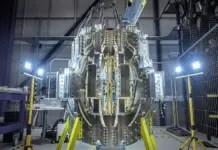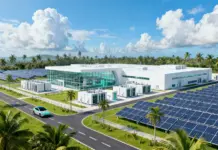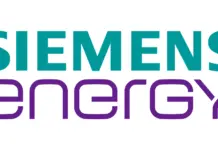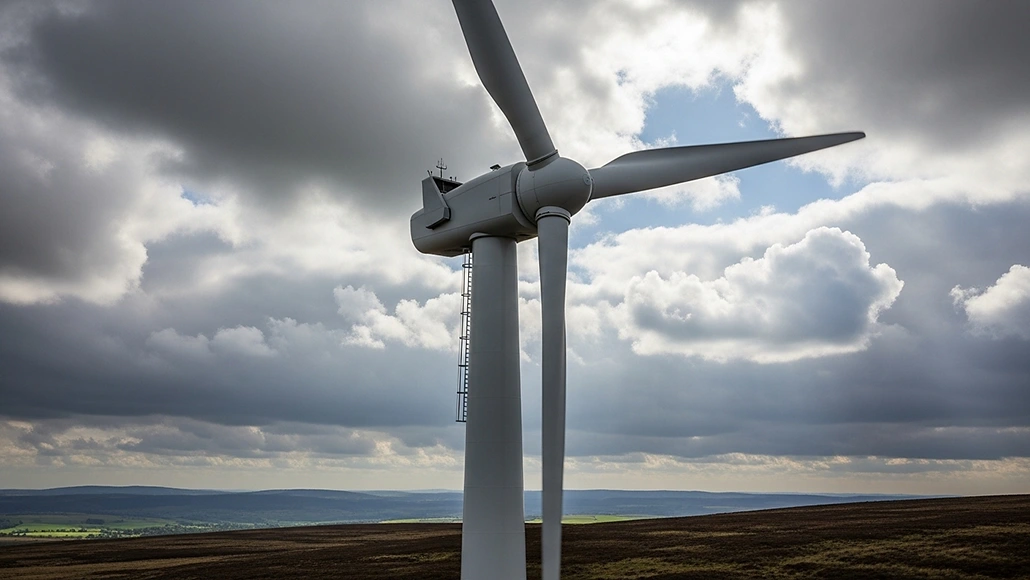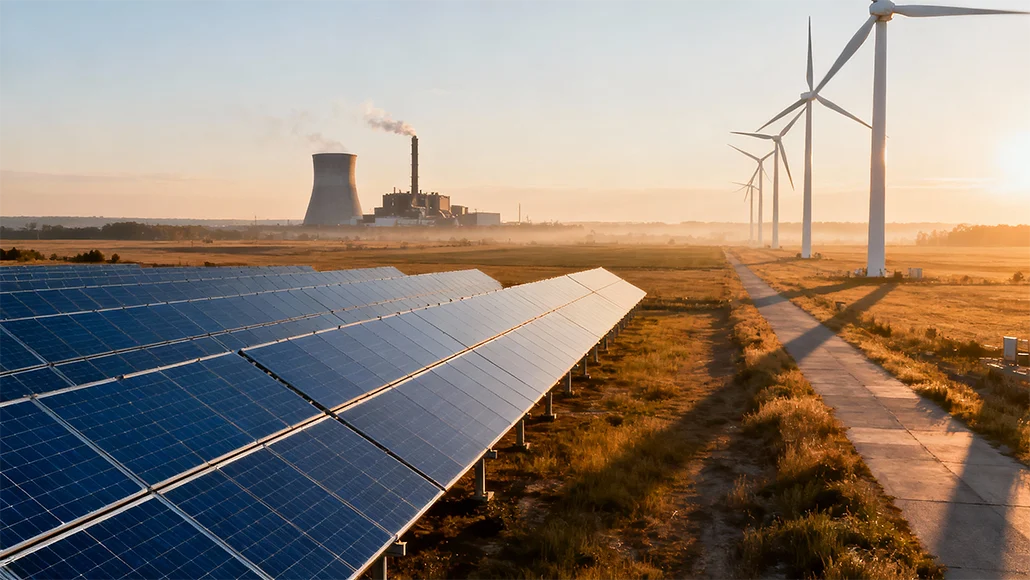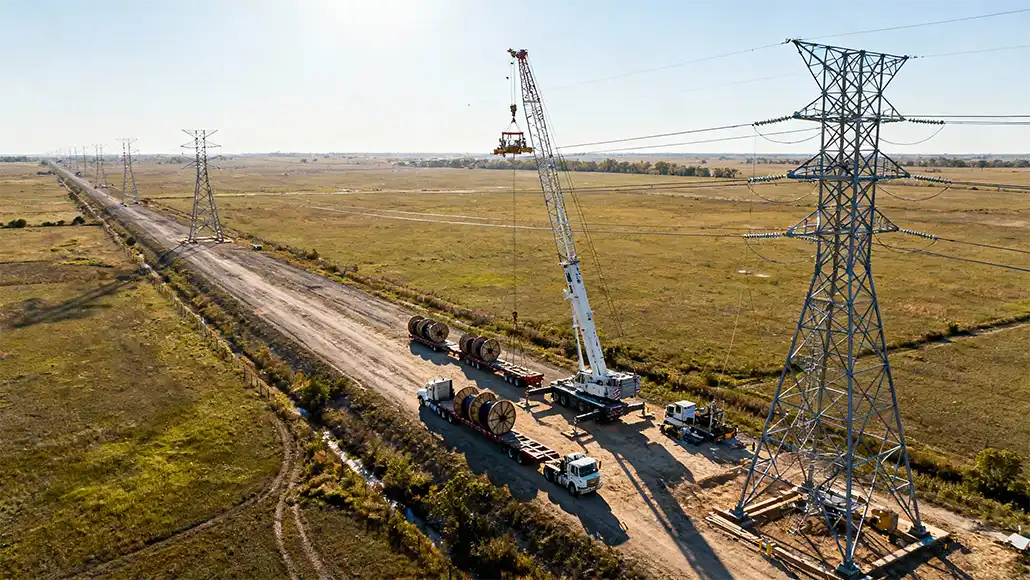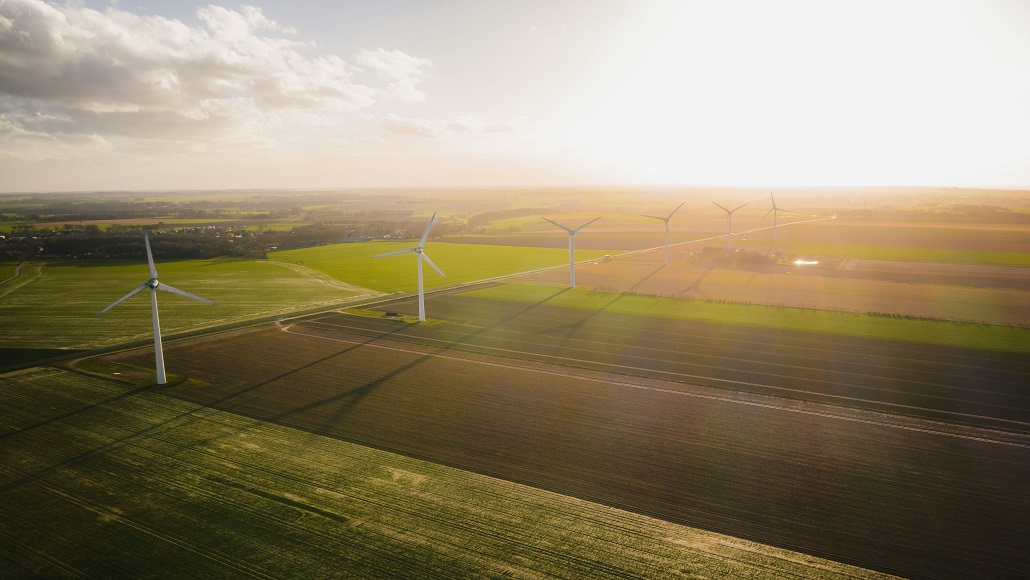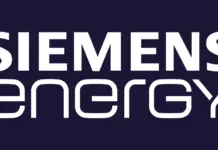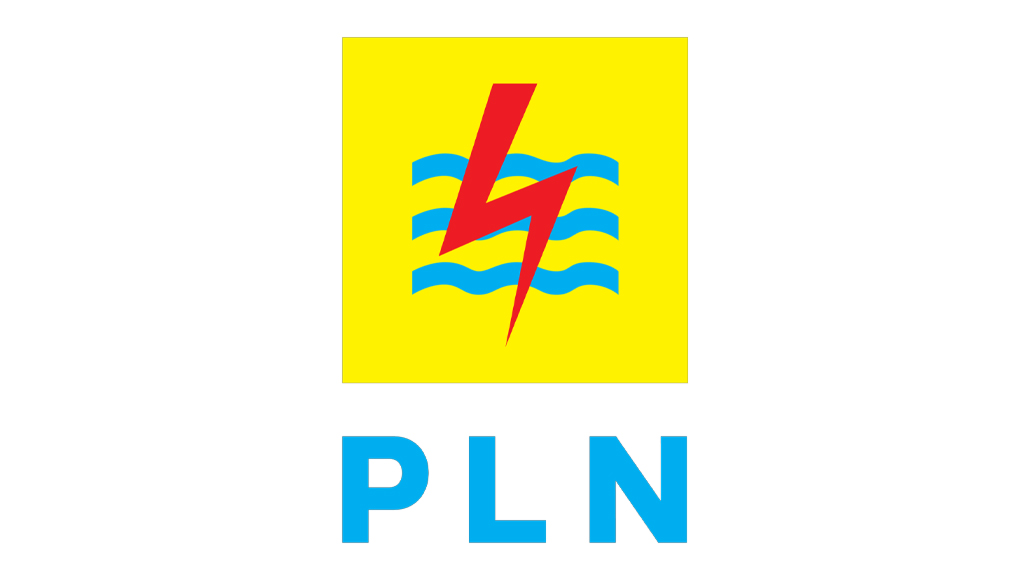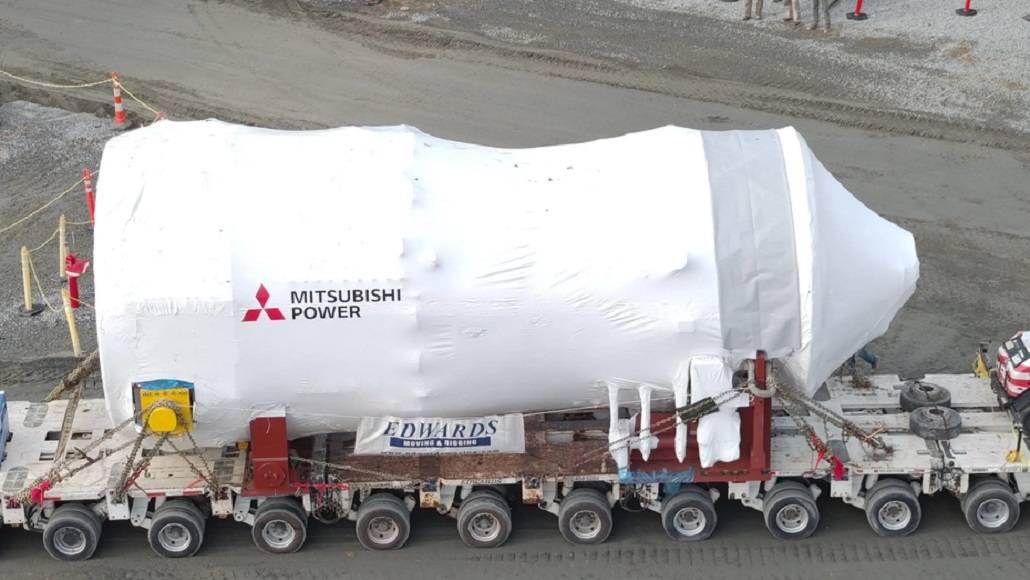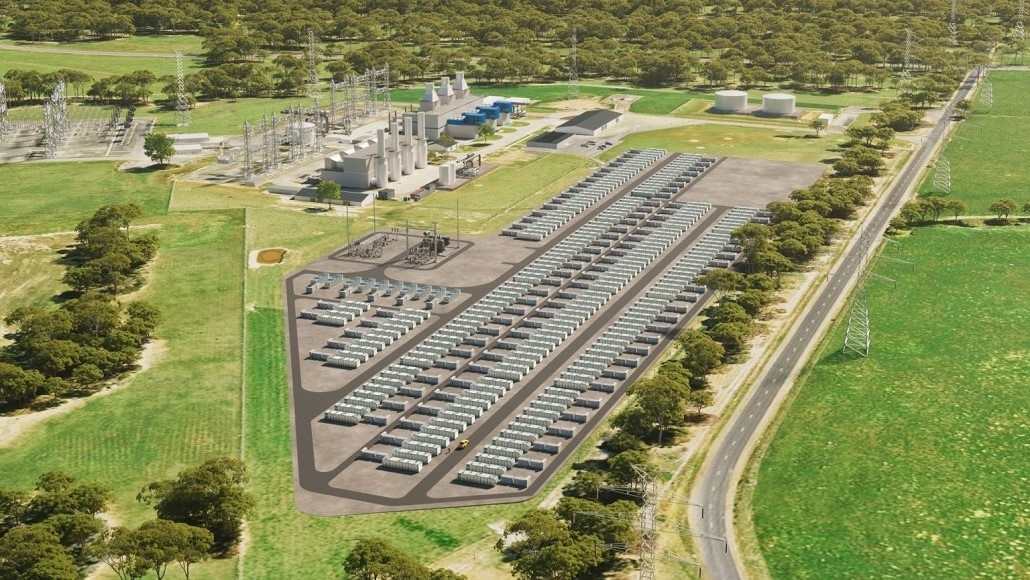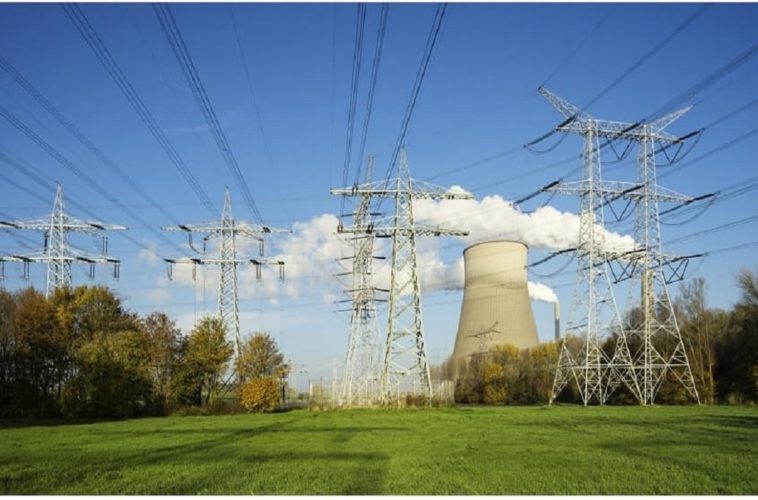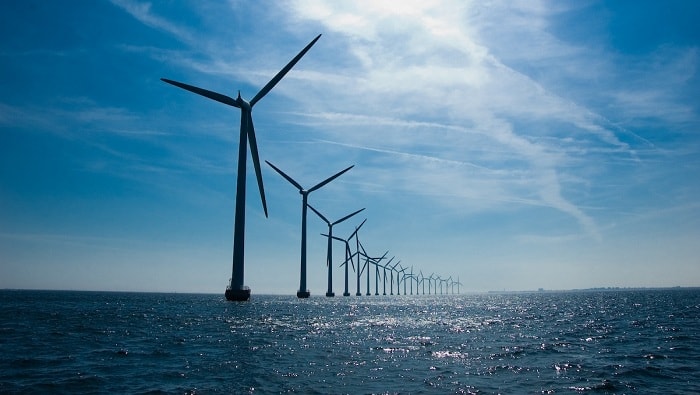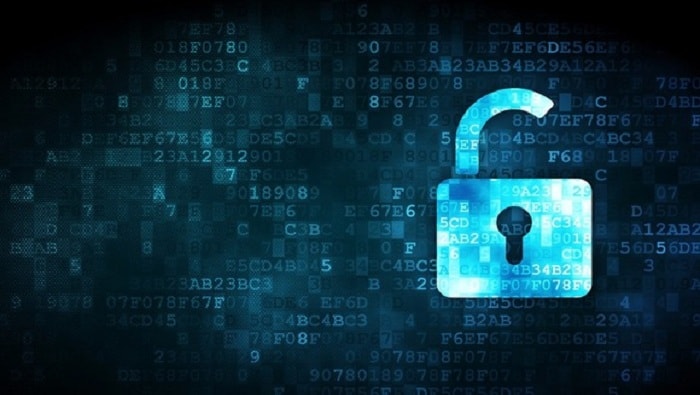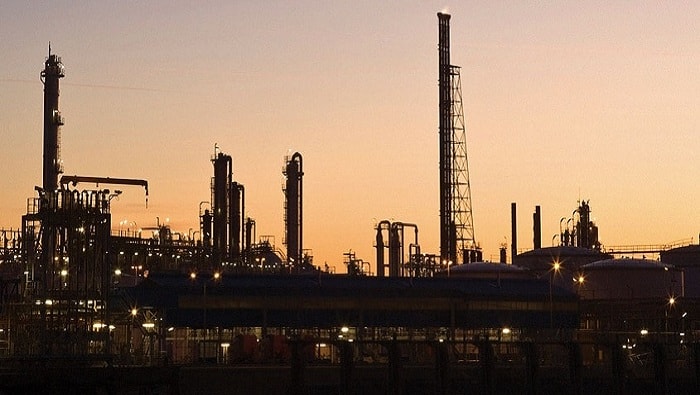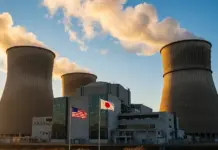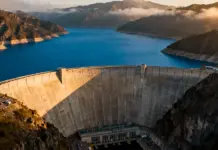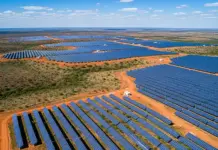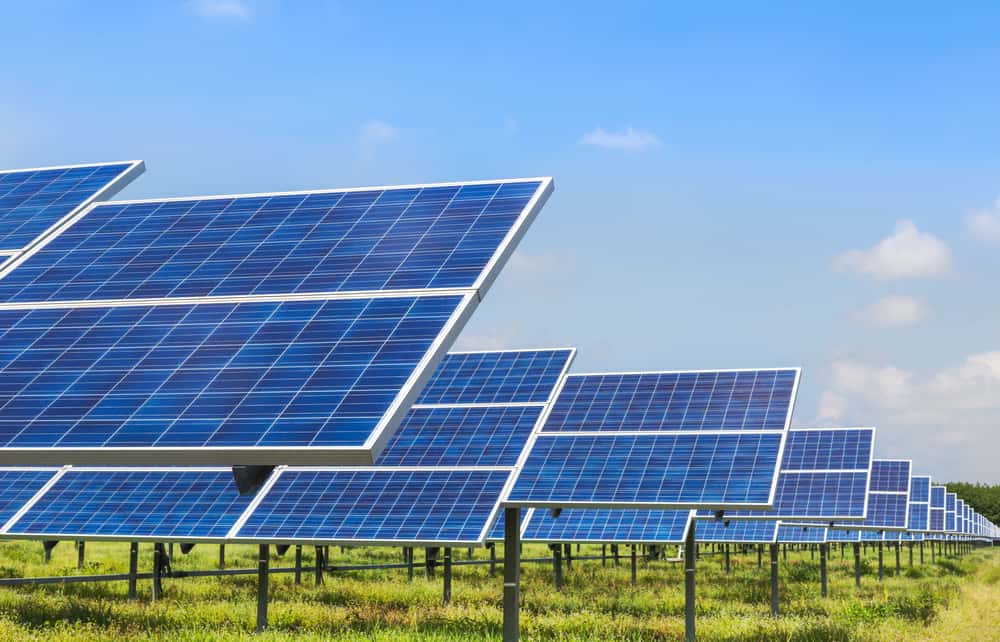An industry group’s research on July 26th found that delays caused by COVID-19, trade disputes, and inaction by Congress all slowed the growth of sustainable energy projects in the United States, notably wind and solar power.
According to the American Clean Power report, the industry reported a 55% decrease in U.S. project deployments from April to June compared with the same period in 2021. According to the report, the quarter had the lowest increase in clean energy capacity ever since the third quarter of 2019.
President Joe Biden’s climate plan, which would have provided hundreds of billions of dollars in tax incentives for clean energy, was blocked by conservative Democrat, Senator Joe Manchin, from the coal-producing state of West Virginia. According to ACP president Heather Zichal, they have been warning about the storm of regulatory and economic challenges the clean power industry is experiencing, and this is a huge step backwards.
At a time when one needs to be rapidly scaling up development, Congressional inaction, uncertainty over long-term tax policy, tariff and trade limitations, and transmission obstacles all impact the demand for clean energy. The solar business is in disarray as a result of a U.S. Commerce Department investigation into whether imports of solar panels from Southeast Asian nations are evading taxes on products made in China. In an effort to boost solar installations, the Biden administration announced in June that it would remove tariffs for solar panels from four Southeast Asian nations for two years.
According to the CEO of the largest U.S. manufacturer of solar panels, First Solar Inc., the failure of the climate bill represents a setback to emerging efforts to unshackle the solar industry from its heavy reliance on China. According to ACP, there were 53% fewer solar installations in the US during the quarter.
More than 200 businesses, charity organisations, and trade associations encouraged politicians to postpone the August congressional vacation if necessary to work on the energy bill in a letter to Pelosi, Schumer, and Biden.
According to the document signed by the Business Council for Sustainable Energy and others, the proposal would battle inflation by cutting the cost of energy for American families and companies, eliminating the deficit, and developing a pipeline of good-paying employment in every state in the country. Manchin claims he has not abandoned the idea but is instead waiting for upcoming inflation statistics and the Fed’s position on interest rates. However, several members have their doubts. According to the ACP research, bottlenecks in power grid interconnections and supply chain slowdowns caused a 78% drop in onshore wind power installations.
In order to power 6.5 million homes and sustain 110,000 jobs, more than 32.4 gigawatts of clean power projects have been postponed since the end of 2021, according to ACP. The only technology to grow, with a 13% increase in installations, was energy storage, such as huge batteries that facilitate the use of solar and wind power.


